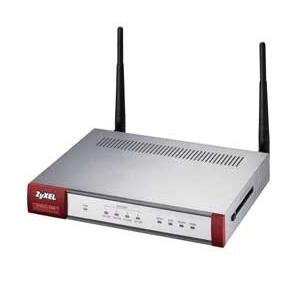What Does the Future Hold for E-Reader Devices?

Online sales of books have been gradually going up in the past decade. Because of this, there are many people who now buy reference material, such as business guides or language learning books online. But fiction books, such as romance novels are also increasingly being sold in electronic format. Because of this rise in popularity of eBooks, dedicated e-reader devices such as the Amazon Kindle have been developed. The Kindle has sold millions of units since it was first launched.

While the Amazon Kindle may be the most popular platform for reading eBooks, there are other players in the market today too, like the Barnes & Noble Nook and the Sony Reader. Obviously, there is no shortage of people who like to buy various types of books, such as Romance Books online.

But just like any other consumer electronic device on the market right now, e-readers have gone through changes since they were first released. Take the Kindle, for example. It has become slimmer, more portable and now has support for various electronic document formats, like the common PDF format used to distribute electronic documents. Because of this, people can now read many eBooks, such as erotic eBooks that are not sold in Amazon's web store, but can be downloaded from other websites.

Many are wondering, what changes are expected to be made to these devices in the near future? The first concern is the screen. While e-readers make use of e-ink technology that makes reading printed words a lot easier than a regular LCD screen, especially in direct sunlight. However, these e-readers all suffer from the problem that they do not have a color screen. Color e-ink screens are expected to arrive in the next few years and are already being tested by some device manufacturers. This will make the e-readers more suitable for viewing books that have color photos, or graphs and charts that are in color.

Next is better online connectivity. Current e-readers all have Wi-Fi or 3G online connectivity, which lets people connect to the internet in order to download new content straight to the device, without needing a computer. E-readers like the Kindle have a basic web browser that allows users to access the web and look up information on reference sites such as Wikipedia. But with the increased popularity of social networking for sharing information, it is expected that future versions of these devices will have better browsers that make sharing reading information on social networking websites a lot easier. Users would also be able to do basic web browsing, such as checking their email, straight from the e-reader device.


Carmella Borcher is the author of this article and is an avid fan of Romance Books - particularly Erotic Books and Erotic eBooks.
No comments:
Post a Comment